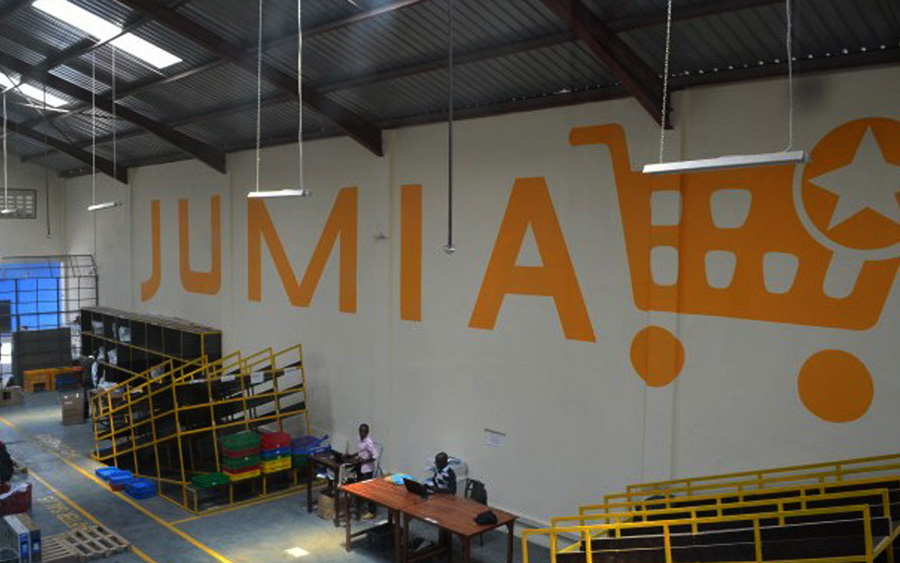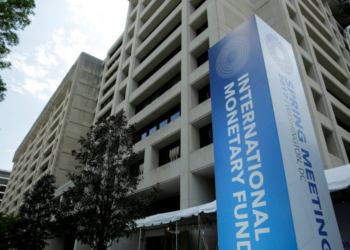When Jumia Group opened its Cameroon subsidiary in 2014, it promised to make buying items easier for both residents and citizens. But little did it know that providence had another plan for one of African leading e-commerce platforms. Five years on, the group has suspended its e-commerce platform operations in the Central African state after it did same in Gabon, Congo, and Rwanda.
Jumia reportedly shut down in Cameroon as the group believes the operations in the country was not lucrative.
The company’s e-commerce platform consists of its marketplace, which connects sellers with consumers; its logistics service, which enables the shipment and delivery of packages from sellers to consumers; and its payment service, which facilitates transactions among the active participants on its platform in selected markets.

The closure of the company’s operation in Cameroon has left only Jumia Deals operation in the country. Nairametrics confirmed this after visiting the Jumia Cameroon website.
Is Cameroon the problem?
While reacting to the shutdown, Jumia said, “We came to the conclusion that our transactional portal as it is run today is not suitable to the current context in Cameroon.”
[READ MORE: Q3 ’19: Jumia grows revenue by 52%]
Another source told Reuters that Jumia said, “We wanted to see how the business evolved. We can come back, but for now, we’re closing (to have) time to study the market.”
However, the political tension in Cameroon, where citizens have been experiencing uprising for two years, places Jumia in a disadvantageous position. Also, the country’s snail-like economic growth poses a threat to Jumia and other establishments.
In November, the International Monetary Fund (IMF) said economic growth in Cameroon was likely to slow to 3.9% this year from 4.1% in 2018 due to a subdued performance by the country’s non-energy sector. This is expected to affect the purchasing power of Cameroonians.
Jumia’s problem is beyond Cameroon
Jumia’s challenges are not just about the economic situation in Cameroon, as the company has also shut down its subsidiaries in Congo and Gabon. It also stopped operation in Rwanda to focus on QSR. This continuous winding up seems to be supporting the argument that Jumia grew too fast beyond its capabilities. And growth is not the same as profitability which Konga (its Nigerian rival) says it would achieve before Jumia.
The move by Jumia to close its Cameroon subsidiary has been cited as an attempt to cut down on its operational cost as it plans to meet its profitability projection by 2022. Although the company didn’t factor in financial losses despite operating loss increasing by 34.6% from €40.6 million in the third quarter of 2018 to €54.6 million in the third quarter of 2019, since entering the e-commerce business in 2012, it has lost about N362.3 billion ($1 billion).
Jumia as a Group is facing class-action lawsuits in the United States. The group was accused of disclosing misleading information in its favour in order to portray it as a healthy company to investors. The accusations have been taking a toll on Jumia’s stock on the New Yock Stock Exchange (NYSE) where it had opted for an unusual listing of its shares.

[READ ALSO: DEAL: Jumia has sold its real estate assets portal to EMPG’s Mubawab]
Where next? Jumia’s shutdown in Cameroon begs the question, ‘where next?’ The company is scaling back on its e-commerce operation in Africa. This move will leave its workers in Tanzania and Uganda jittery, but this would likely not affect Nigeria, which serves as one of its major revenue drivers. However, the Nigerian operation is not without its own financial issue, as it was also rocked by a $17 million fraud.




















I was in Douala, Cameroon and was sorry to see Jumia cease operations. I made many purchases, mainly telephones and white goods, and found the service excellent, both in structure and support. Unfortunately French Africa is what it is, a mess with the populace more interested in scamming than service. Truly sad.